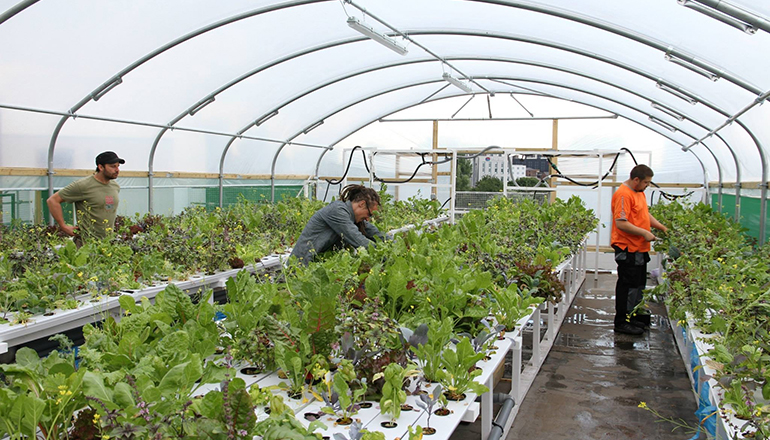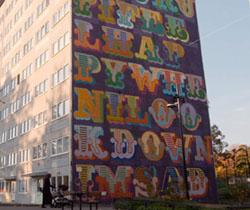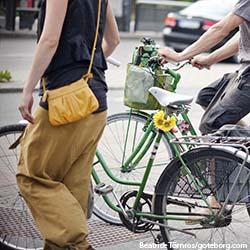
Urban Food: evidence, practice and policy
A number of community groups and non-state actors are involved in developing responses and challenges to existing ecological, economic and social crises. There is a strong informal layer of actors involved in forging pathways for more sustainable cities. These interests are often fragmented and the knowledge and expertise they possess is rarely used in the development of effective policies. There is a need to examine how community and lay knowledges can better inform the evidence base for urban policies; remove barriers to local action through the creation of an enabling policy framework and consider how to address the ’governance’ gap between decision-makers and citizens.
This project explores these concerns through the lens of ’urban food’. This is an emerging interest for cities around the world, in part because it resonates with multiple stakeholders: from community groups, to industrial players, to policy makers and academics. There is a growing understanding about the need to relocalise food systems, the carbon footprint created by food production, distribution and consumption, but also that ’food is part of culture’. ’Food’ presents as an alternative framing of sustainability that transcends the techno-quantitative language of ‘low carbon’ and ‘carbon accounting’. As such, it could be considered as an exemplar of how fair, green and accessible cities interact and conflict.
The project involves a case study of the Biospheric Foundation; documentary mapping and interviews; focus groups and reflexive essays.







